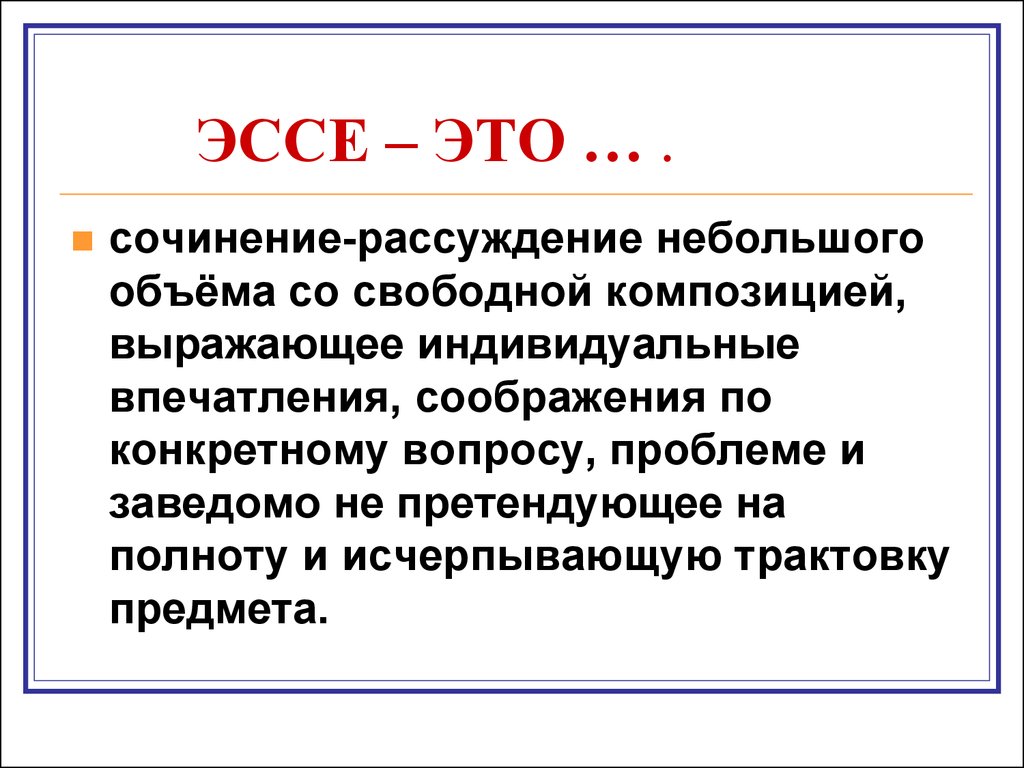Практикум № 2
The modern world makes high demands on the level of competence of a specialist. An integral quality of
a professional in a dynamically developing society should be the ability to rationally spend one's time
and organize one's work effectively. The ability to organize educational and personal time by a student
is a key factor in the professional and personal development of a future specialist.
Regular nonfulfillment, postponement or postponement of planned tasks (procrastination) can cause internal
discomfort in a person and even lead to neuropsychiatric disorder and depression. The ability to
effectively use one's time and manage it efficiently is of high value to every person. High emotional and
physical stress, fatigue, stress, negatively affect the productivity of students. Given the rush the student
lives in, the issue of time resource management is becoming more and more relevant. The urgency of
optimizing time costs increases during the period of adaptation of first-year students to the educational
process. The solution to this problem can be time management - a doctrine based on the idea of
conscious control over the time spent on any activity. Time, from the point of view of time
management, is a resource that should be carefully and thoughtfully spent. However, is time
management really a panacea for learning problems, is it really that good, and can it really solve all
student problems? First of all, it is necessary to understand what exactly time management is: what are
the basic principles, what each principle is, what types of time management are, and how each of them
can help a student, we will find out what time management tools exist, what are their advantages and
disadvantages. Then we will learn how to organize working time plans, and, finally, we will get
acquainted with the criticism of time management: we will find out what the pitfalls are and whether it
is necessary for the student.



